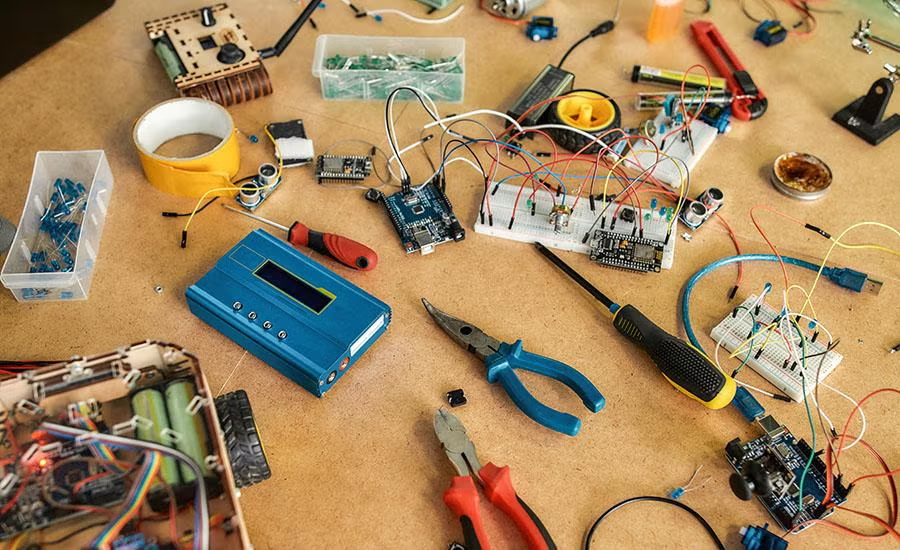
Slow Your Roll
by Kimberly King
Students are presented with a real-world problem, the newly poured delivery ramp for the cafeteria is too slick, students are tasked with suggesting a surfacing that will increase the ramp's safety. Using a graphic organizer and working in small groups, with defined roles, students will design a hands-on investigation of friction observing how friction is different on different surfaces. The provided graphic organizer supports data collection, analysis, relevance, and conclusions. The assessment concludes with a short understanding interview between the teacher and the small student group.
Lesson Plan Link/URL
https://docs.google.com/presentation/d/1Co6Sypo_LjT3ZgckJY5gwW2n4BGRwatY/edit?u…Subject Area
Science Physical Science P3: Net Force Engineering S2: Apply the Engineering Design Process S3: Apply Mathematics to Engineering S4: Apply Science to Engineering Mathematics Operations and Algebraic Thinking (OA) Reasoning with Functions and Relations (RFR) English Language Arts (ELA) Writing
Featured
Off
Related Content

Grades:
3rd Grade, 4th Grade, 5th Grade, 6th Grade, 7th Grade, 8th Grade, 9th Grade, 10th Grade, 11th Grade, 12th Grade
In this hands-on lesson, students use the engineering design process (EDP) to create a prototype of a device that can prevent squirrels from accessing a bird feeder. This is a great way to integrate

Grades:
6th Grade
Over 2 days (60 min or more each day), students create a catapult out of jumbo popsicle sticks, a water bottle cap and rubber bands. The challenge is for students to launch their snowball (cotton ball

Grades:
9th Grade, 10th Grade, 11th Grade, 12th Grade
Using the Introduction to Hydroponics lab, introduce students to the features of the Hydroponic Systems. Students will explore the different types of grow mediums and grow lights used in the systems